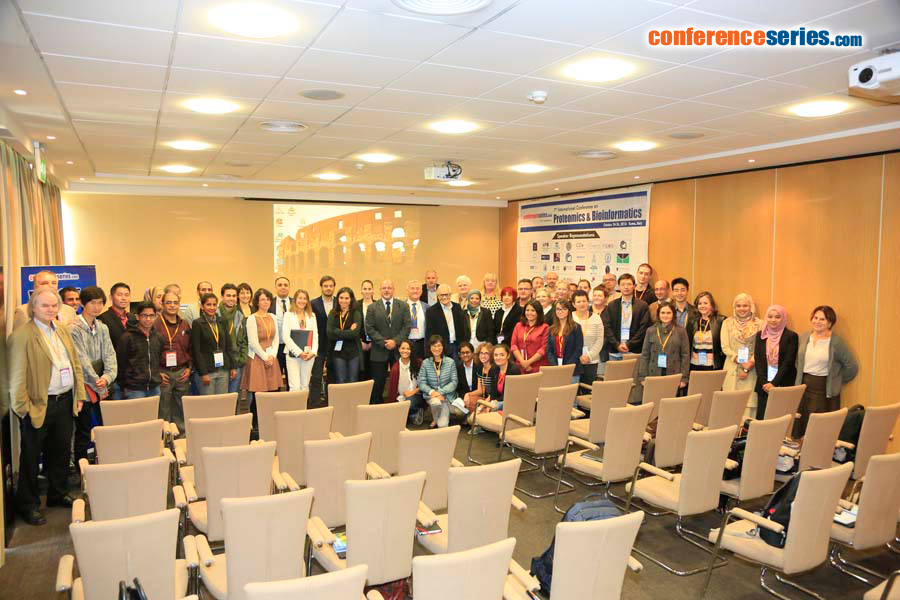
Maria Vittoria Cubellis
University of Naples, Italy
Title: Workshop on Disease specific databases for personalized medicine: Fabry disease as a case of study
Biography
Biography: Maria Vittoria Cubellis
Abstract
Next generation sequencing of all exons will become common also for symptomless people in the near future. Since we all have approximately 20000 variants, differentiation among non-pathological, mild or deleterious mutations will be necessary. We will show how disease specific databases and predictive tools can be precious for personalized diagnosis and therapy. The analysis of sequence conservation among orthologous proteins, even in the absence of structural information on the human protein, can be sufficient to identify severely pathological mutations, but training sets represent the weak point in the development of prediction tools. At present more than 70000 missense mutations have been reported, with 7 variants per protein on average, but at least 70 cases more than 100 variants are known. A quantitative phenotype can be associated to mutants measuring the residual activity or the stability of proteins expressed by transient transfection. In this case it can be possible to predict the severity of the mutation quantitatively. This implies that in many cases it is possible to develop disease specific predictive tools. Lysosomal alpha galactosidase, which is associated to Fabry disease, represents a good case to test the effectiveness of specific tools that allow predictions scored according to severity. More than 380 missense mutations are known and for 305 the residual activity in cells has been assessed. For the deficiency of lysosomal alpha galactosidase, disease specific predictive tools can also be exploited to estimate responsiveness to specific drugs such as pharmacological chaperones.
Speaker Presentations
Speaker PPTs Click Here


